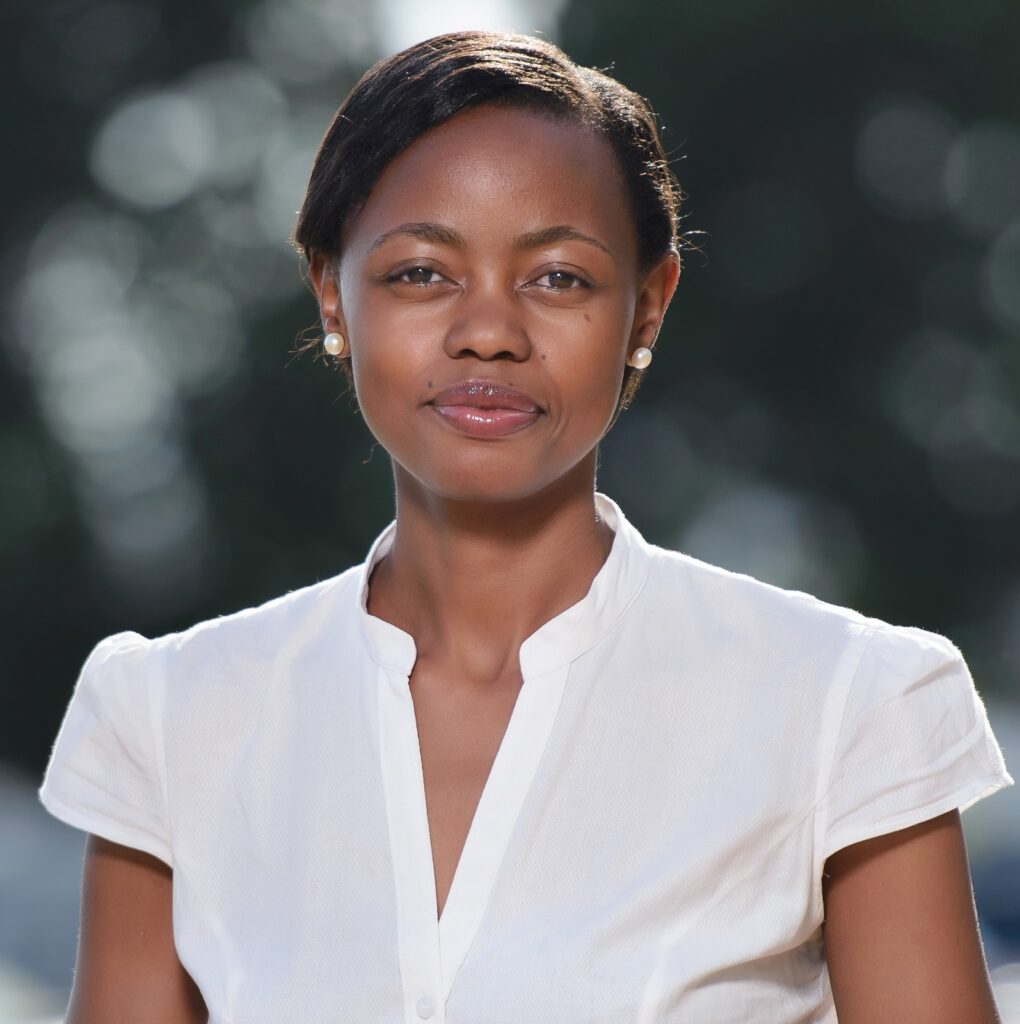By Nukanah Kollie
KAMPALA, UGANDA – Susan Nanduddu, Executive Director of the African Centre for Trade and Development (ACTADE), is urging African governments and development partners to prioritize adaptation and ensure climate finance reaches vulnerable communities. Speaking from Kampala on Wednesday, August 20, 2025, on Super Bongese Radio in Bong County, Liberia, Nanduddu stressed that the worsening impacts of climate change are undoing decades of development progress across the continent.
“We know that climate change is here with us and it is undoing the development gains we have made,” Nanduddu explained. “For a farmer who depends on their garden to feed their family, a drought or flood can take away everything. Where do they turn to?”
Uganda’s Climate Commitments
Uganda contributes less than 0.1 percent of global greenhouse gas emissions, yet it remains among the most vulnerable countries to climate shocks, particularly in agriculture, which employs more than 70 percent of the population. In its most recent Nationally Determined Contribution (NDC) update, Uganda committed to reducing emissions by 24.7 percent by 2030, conditional on international support, while placing a strong emphasis on adaptation measures in agriculture, water, forestry, health and energy.
“Adaptation is our priority,” Nanduddu said. “We contribute very little to global greenhouse gas emissions, but we suffer the most from climate impacts. Our government is reviewing its NDCs for the third time and will ensure we prioritize adaptation for our people.”
Uganda has also adopted a National Climate Change Policy and is finalizing a National Adaptation Plan. While frameworks for carbon markets have been developed, Nandudu remains cautious: “Carbon markets are important, but for us, survival is the priority. Adaptation matters more to communities whose livelihoods are already at risk.”
ACTADE’s Role
Founded in 2000, the African Centre for Trade and Development (ACTADE) is a Ugandan non-governmental organization working at the intersection of governance, sustainable development, and trade. The organization has built a reputation for empowering grassroots communities through research, advocacy, and participatory development approaches. Its climate change programs focus on strengthening local knowledge systems, promoting renewable energy alternatives, and ensuring that marginalized groups, especially women, youth, and persons with disabilities, are not left behind.
“Extension services are critical, but there are gaps,” Nanduddu explained. “Poor farmers, people with disabilities, or those in remote areas cannot easily access advisory services. We must ensure that even the most vulnerable receive this critical information.”
To bridge this gap, ACTADE has promoted community dialogues, supported local radio programming on climate issues, and encouraged farmers to integrate indigenous knowledge systems such as crop rotation with modern scientific approaches. The organization also promotes nature-based solutions like reforestation, agroforestry, energy-efficient cookstoves, and eco-briquette adoption as alternatives to destructive practices.
Renewable Energy and the Global Picture
Nandudu underscored that investing in renewable energy is the only viable path forward. “Science has shown us that fossil fuels are the main cause of climate change. Continuing on that path is detrimental to the future of our children and grandchildren,” she said.
Uganda has recently discovered oil reserves, but Nanduddu argued that wealthier nations should support African countries to pursue renewable options instead of fossil fuels. “If developed countries supported us to keep our oil in the ground and instead invest in renewable energy, we would contribute to a better future. Unfortunately, climate finance is difficult to access, and many countries are rolling back their commitments.”
Climate Finance and Equity
Explaining climate finance in simple terms, Nandudu reminded listeners that wealthy nations bear a historical responsibility. “They caused the problem, and they developed with it. They must help safeguard vulnerable populations in Africa and elsewhere.”
ACTADE also supports Uganda’s Ministry of Water and Environment in implementing the Least Developed Countries (LDC) Initiative for Effective Adaptation and Resilience (LIFE-AR), which channels 70 percent of climate finance directly to local communities.
“Uganda is one of the pilot countries, but more LDCs are signing up. Liberia could benefit as well, if the financing commitments are fulfilled,” she noted.
For Nanduddu, solutions must be both global and local. International climate negotiations must deliver finance, technology, and fairness, while communities must strengthen their own resilience.
“We are far apart, but we share the same struggles,” she concluded. “Radio, farmers, women, young people, we must all be part of the solution. Climate change is everybody’s business.”



